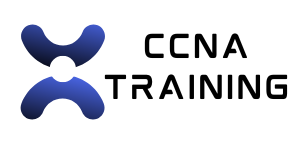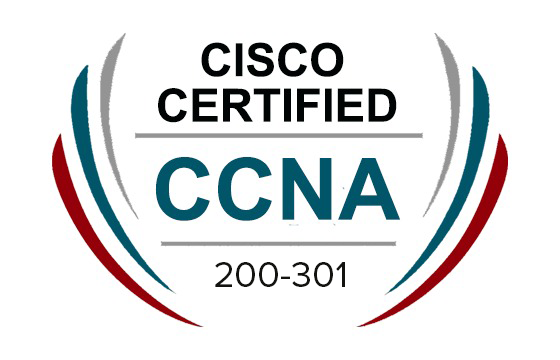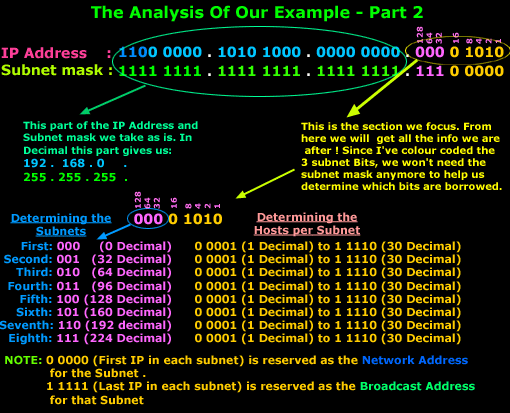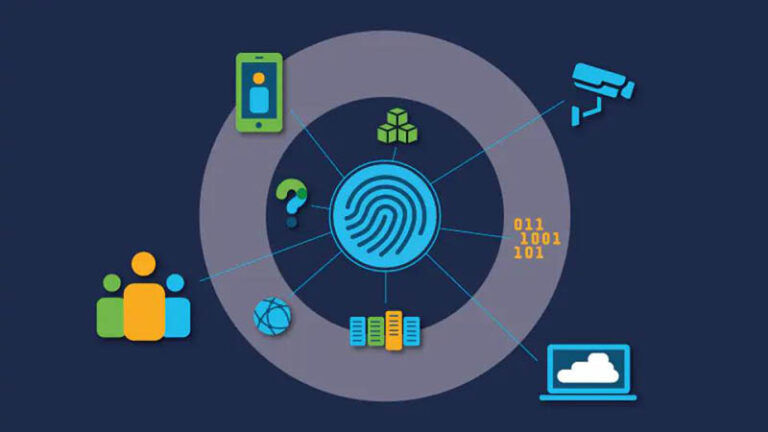As an aspiring network engineer, you might be familiar with the term CCNA – Cisco Certified Network Associate. It’s a certification from Cisco, a global leader in IT and networking, that validates an individual’s ability to operate, configure, and troubleshoot medium-level switched and routed networks. This blog post aims to provide a comprehensive guide for CCNA students, helping you understand what the certification entails, why it’s important, and how you can prepare effectively to ace your examinations.
Understanding the CCNA Certification
The CCNA certification is a foundational pillar in the IT industry. It’s a breath of fresh air for those looking to establish a robust footing in the networking domain. The certification covers a vast range of fundamental topics, including IP addressing, network security, routing protocols, and VLAN.
Earning a CCNA certification is not merely about holding a certificate; it’s about demonstrating to employers that you have the requisite technical skills and knowledge to manage and optimize their network infrastructure.
Importance of CCNA Certification in the IT Industry
Why should one consider getting a CCNA certification? The answer is simple. It opens up a world of opportunities. Many organizations today require or prefer IT professionals with a CCNA certification because it guarantees a certain level of understanding and expertise in managing and troubleshooting networks.
Furthermore, a CCNA certification can significantly boost your IT career, paving the way for promotions, salary increments, and access to more challenging, rewarding roles. It’s a testament to your commitment and dedication to your profession, enabling you to stand out in the competitive IT job market.
Preparing for Your CCNA Examination
Preparing for your CCNA examination requires a strategic approach. Here are some invaluable tips to help you along your journey:
Understand the Exam Structure: Familiarize yourself with the exam structure and the topics that will be covered. The exam consists of several components, including network fundamentals, network access, IP connectivity, IP services, security fundamentals, and automation and programmability.
Get Hands-On Experience: Theoretical knowledge is essential, but nothing beats hands-on experience. Practice with real equipment or use simulators to familiarize yourself with various scenarios you might encounter during the exam.
Use Study Guides: Utilize CCNA study guides and textbooks. They present information in an organized manner, making it easier for you to grasp complex concepts.
Join Study Groups: Collaborative learning can be incredibly beneficial. Join study groups, participate in forums, or engage in online communities. This provides a platform to share ideas, clarify doubts, and gain insights from others who are preparing for the same exam.
Take Practice Exams: Practice makes perfect. Regularly taking practice exams will help you assess your understanding of the material, familiarize you with the exam format, and improve your time management skills.
Embarking on the journey to become a Cisco Certified Network Associate can be challenging, but with the right approach and resources, it’s a goal well within your reach. Remember, the CCNA certification is more than just a badge of honor. It’s a stepping stone to a rewarding career in networking. Be persistent, stay curious, and never stop learning. Your hard work will pay off, opening doors to endless opportunities in the ever-evolving world of IT.















